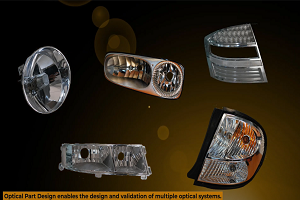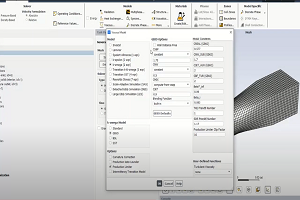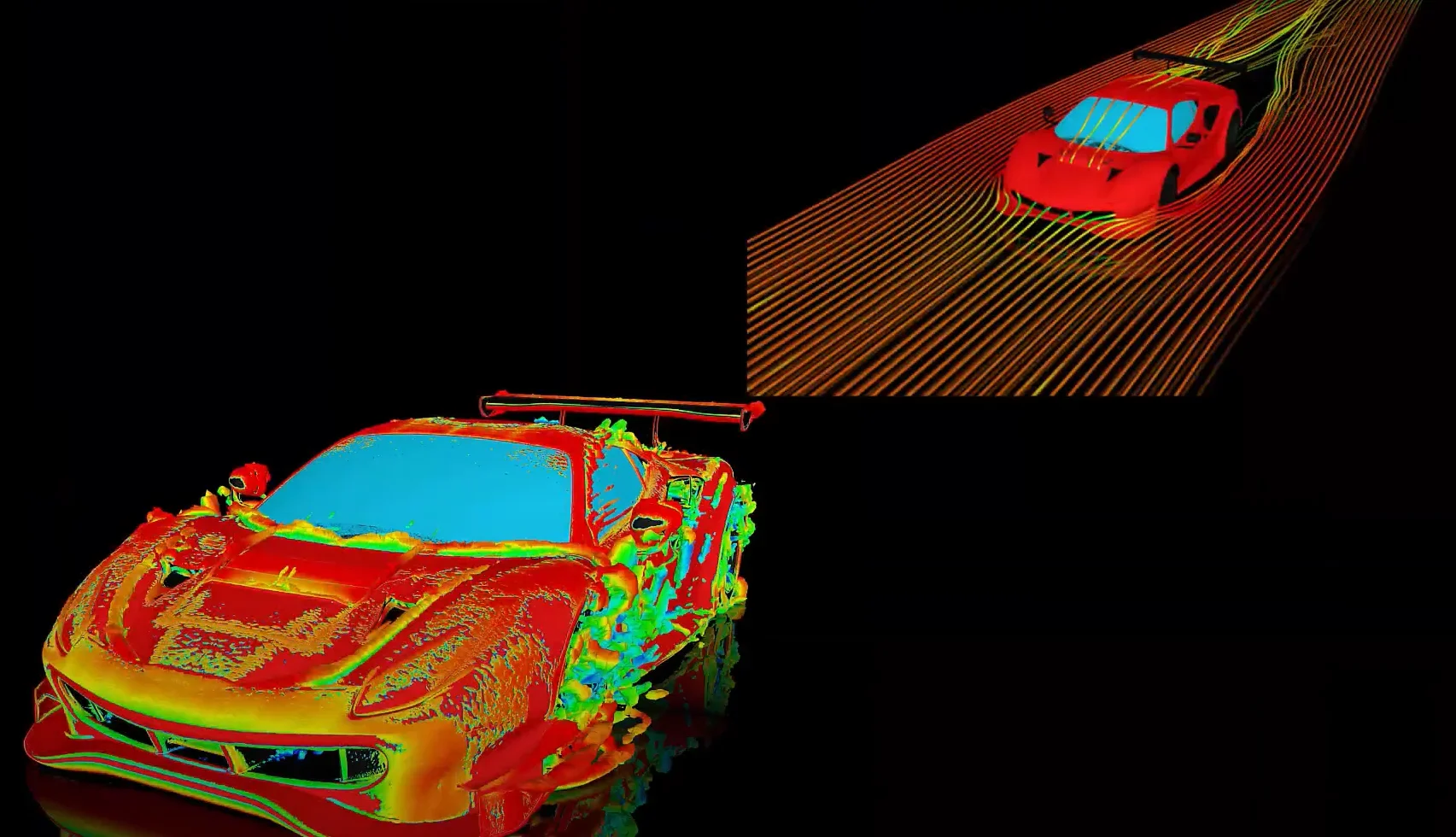Tagged: ansys-fluent, humidity, internal-flows, species-transport
-
-
February 28, 2022 at 8:37 pm
 FAQParticipant
FAQParticipantThere are two ways to do this:
- Work out the volume fraction of water on the boundary and, using species, add this in and solve as normal. The drawback of this approach is that an extra equation is needed, and this may slow the calculation slightly. Only the RH value used on the boundary is solved.
- Calculate the solution and save. Turn on species, and patch the correct water volume fraction onto the results. This approach assumes that the volume fraction is constant over the whole domain and that the humidity has no effect on heat transfer, etc. It is also assumed that the vapour mass fraction is constant between all inlets.
The advantage here is that several humidity calculations can be very quickly carried out simply by changing the value of water fraction patched to the domain. Note, neither approach includes the effect of condensation. This will occur where the relative humidity reaches 100%.
-


Introducing Ansys Electronics Desktop on Ansys Cloud
The Watch & Learn video article provides an overview of cloud computing from Electronics Desktop and details the product licenses and subscriptions to ANSYS Cloud Service that are...

How to Create a Reflector for a Center High-Mounted Stop Lamp (CHMSL)
This video article demonstrates how to create a reflector for a center high-mounted stop lamp. Optical Part design in Ansys SPEOS enables the design and validation of multiple...

Introducing the GEKO Turbulence Model in Ansys Fluent
The GEKO (GEneralized K-Omega) turbulence model offers a flexible, robust, general-purpose approach to RANS turbulence modeling. Introducing 2 videos: Part 1 provides background information on the model and a...

Postprocessing on Ansys EnSight
This video demonstrates exporting data from Fluent in EnSight Case Gold format, and it reviews the basic postprocessing capabilities of EnSight.

- How do I model humidity in Fluent?
- I am running an electrochemistry simulation in Fluent. How can I access the electrochemistry reaction rates with UDF?
- ANSYS Internal Combustion Engine (ICE): Port Flow Part 1 – Getting Started
- Model setup: Setting up chemical reactions
- ANSYS Fluent: Describing Non-premixed Combustion using the Steady Flamelet Model
- How do I use the Flamelet Generated Model?
- ANSYS Chemkin-Pro: Reducing a Combustion Mechanism
- Explanations on the warning Maximum / Minimum PDF table enthalpy exceeded in xxx cells (Non-Premixed or Partially-Premixed models)
- How can volume fraction be plotted in a species transport simulation?
- Configuring and Solving the Chemical Species Transport in Fluent

© 2025 Copyright ANSYS, Inc. All rights reserved.

